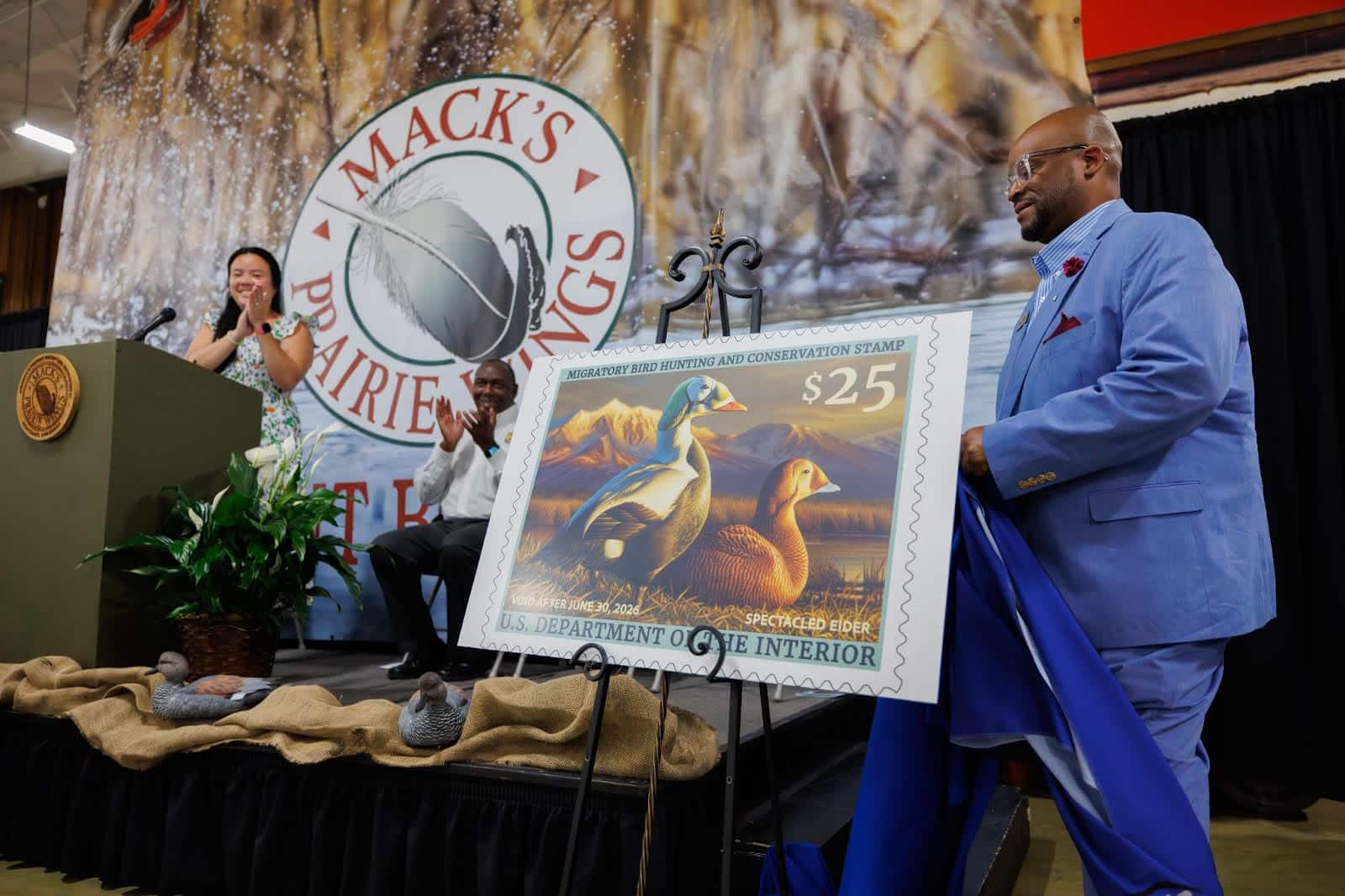DiCenzo to head up AGFC’s focus on bass management
ON 01-27-2021
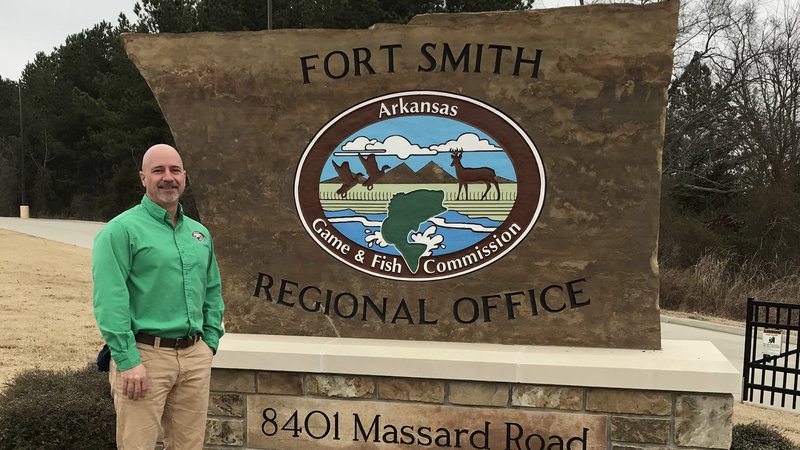
Jan. 27, 2021
Randy Zellers
Assistant Chief of Communications
LITTLE ROCK — The Arkansas Game and Fish Commission has selected Vic DiCenzo, a veteran fisheries biologist with an additional background in human dimensions to lead its Black Bass Management Program as coordinator. He and AGFC Black Bass Program Biologist Jeff Buckingham will serve statewide in the AGFC’s effort to focus on largemouth, spotted and smallmouth bass and the needs of anglers who enjoy them as a resource.
According to AGFC Fisheries Division Chief, Ben Batten, Arkansas is the only state he knows of that devotes a position solely to black bass management, and the AGFC actually has two such biologists.
“These two positions are in addition to all the fisheries biologists throughout the state who work on black bass as well as other species,” Batten said. “By having a Black Bass Program, it gives focus to the state’s most popular sportfish as well as helping regional biologists continue work on crappie, catfish, bream and other species as well as bass.”
Batten said DiCenzo’s experience and vision make him the perfect candidate to head up the agency’s program devoted to the species most sought in Arkansas.
“Vic has an impressive career as a fisheries biologist with a master’s degree in fish management and experience in Virginia, Alabama and Texas spanning more than 23 years,” Batten said. “He also had the foresight to go back to school to obtain his doctorate and study the human element of conservation, which is critical to proper management.”
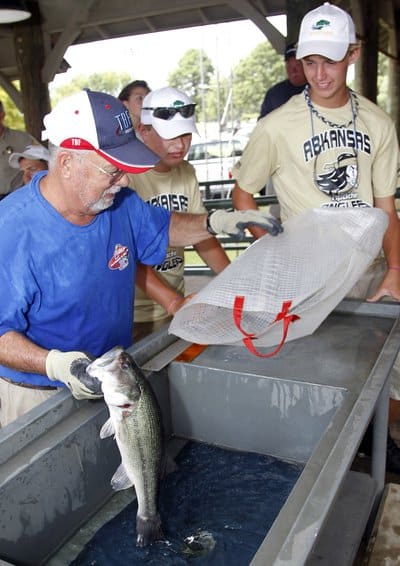
Recognizing the importance of the human dimension of conservation and natural resources management is not new. Aldo Leopold, thought of as the father of modern conservation, wrote of the connection with man and nature extensively in his work. However, finding the funding and expertise to conduct social science has often taken a backseat to biological sciences at state conservation agencies.
“In fisheries, you have three major components: the habitat, the fish, and the people who use those resources; and managing the resource falls at the nexus of those three elements,” DiCenzo said. “We can have excellent habitat and a healthy fish population, but if it isn’t meeting the needs of the people who use it, then it still is not meeting its potential.”
DiCenzo says delving into the human element also can be tricky, as the loudest voices sometimes do not represent the feelings of the entire population.
“Management programs must be developed with an understanding of the great variation in the people who enjoy our fisheries,” DiCenzo said. “We have avid users who invest heavily into their passion and fish multiple times per week, but we also have occasional anglers who participate less regularly, and all levels of participation and avidity in between. We need to account for everyone in our surveys and try to build relationships with all users. Thankfully the [Arkansas Game and Fish Commission] has already invested in human dimensions work, having hired two excellent human dimensions specialists in the last few years.”
Those specialists, Ashley Gramza, the AGFC’s social scientist in the Research Division, and Jessica Feltz, a human dimensions specialist who also oversees the Family and Community Fishing Program in the Fisheries Division, have been extremely busy since they were hired. Both played roles in the agency’s newest recruitment, retention and reactivation plan to increase hunters, anglers and wildlife watchers in Arkansas. Gramza has been a keystone player in integrating social science across the agency, including understanding hunter and farmer motivations connected to the agency’s Waterfowl Rice Incentive Conservation Enhancement program and waterfowl program. Feltz’s work includes coordination of angler surveys, studying the increases in angling from COVID-19 and facilitating a focus group at a Black Bass Summit composed of anglers and stakeholders within the angling industry.
“That summit was an excellent example of how the agency is learning more about the public, and it is something that I would be interested in exploring again in the future,” DiCenzo said.
DiCenzo earned his bachelor of science degree in fisheries science from Virginia Tech University and his master of science degree in fisheries management from Tennessee Tech University. After an extensive career in fisheries management, he returned to Virginia Tech, where he completed his Ph.D. in Human Dimensions.
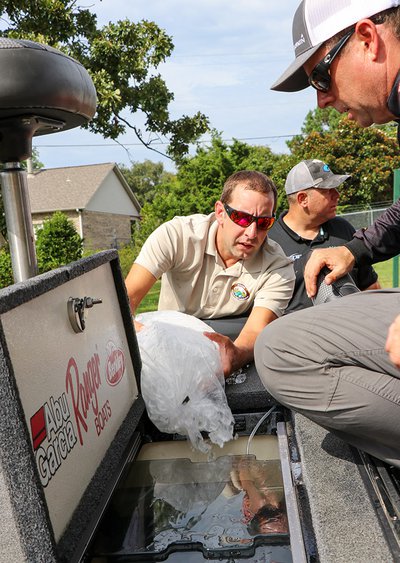
“In my early education and career, I saw that no one really got into fisheries or natural resources with the idea that they would deal with people,” DiCenzo said. “But as I worked, I realized more and more of our time was spent dealing with the public and showing them how they could best help the resource. I wanted to have that underlying foundation of people management to complement the skills I had learned in biology.”
DiCenzo is excited at the opportunities The Natural State and its anglers provide.
“In looking at the AGFC’s Black Bass Management Plan, a person can see that this agency is very well versed in working with the public,” DiCenzo said. “I feel like I’m playing catch up right now to get up to speed with the last 20 years of the AGFC’s strong commitment to black bass management in the state. Additionally, the Black Bass Program touches so many parts of the agency: hatcheries, fisheries management, human dimensions, research, enforcement, communications, education, and outreach. Building relationships with district biologists and agency staff throughout the state is the main focus right now. I also look forward to exploring how we can build even better relationships with those people who currently enjoy the resource as well as introduce new anglers to black bass fishing. The black bass program doesn’t operate in a vacuum, it never has.”
The AGFC’s Black Bass Program was initiated in 2001. Since that time it has assisted with bass tournament weigh-in assistance, the creation of weigh-in facilities throughout the state and coordinates an annual report based on the Arkansas Tournament Information Program. The program also advises district biologists and administrators about the latest science-based management to further angling opportunities and enjoyment for the species. Visit www.agfc.com/en/fishing/sportfish/black-bass/bbp for more information.
Recent News
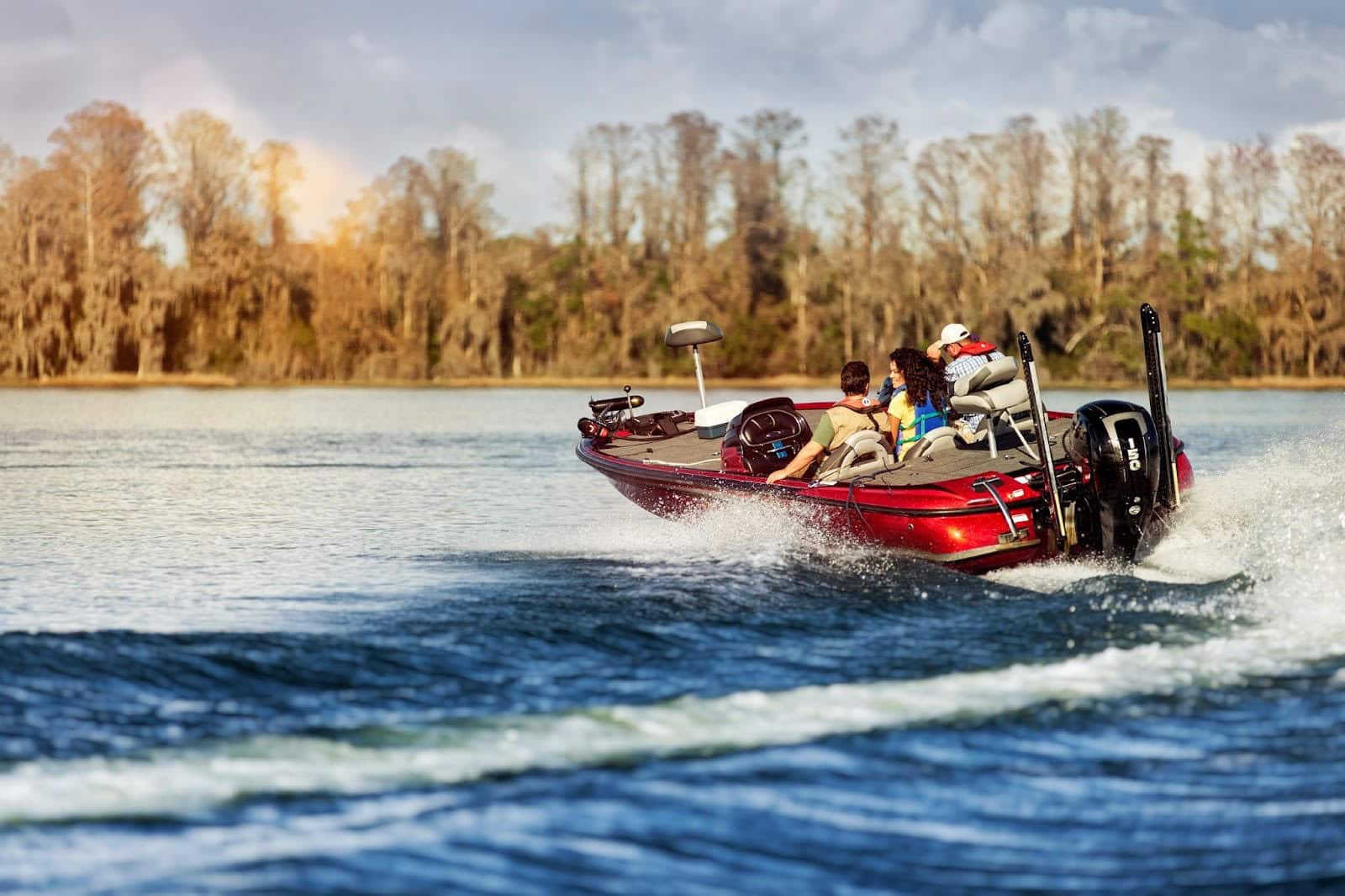
Watch your wake
Jul. 2, 2025
Subscribe to Our Weekly Newsletter E-mails
Don’t miss another issue. Sign up now to receive the AGFC Wildlife Weekly Newsletter in your mailbox every Wednesday afternoon (Waterfowl Reports are published weekly during waterfowl season and periodically outside the season). Fishing Reports arrive on Thursdays. Fill in the following fields and hit submit. Thanks, and welcome!

